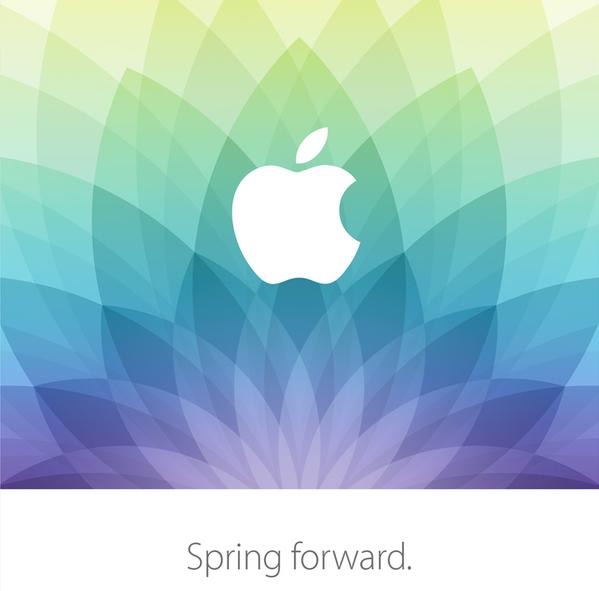Tech Roundup: eCD4-Ig, MWC 2015 & More
[A recurring feature on the latest in Science & Technology.]
- Sea levels north of New York City rose by a record 128mm (~5 inches) in 2009-2010, according to a report published in Nature Communications.
- Australia has lost one in ten of its native mammals species over the last 200 years in what conservationists describe as an "extinction calamity", reports BBC.
- Researchers at University of Illinois and Nanjing University in China find Earth's solid inner core to have an inner core of its own by studying echoes generated by earthquakes.
- eCD4-Ig, a protein synthesised by genetically modifying muscle cells, found to stave off HIV infections by binding to the two receptors the virus uses to bind to human immune cells to proliferate; the technique said to be protecting four monkeys from all forms of HIV for at least 34 weeks.
- South-west and central plains of USA at risk of mega-droughts in the near future due to increased greenhouse gas concentrations in the atmosphere, according to a new study published in Science Advances journal.
- Mobile World Congress (MWC) kicks off in Barcelona; Samsung and HTC announce their respective flagship Android phones - a metallic Galaxy S6 Edge with Samsung Pay, non-removable battery, no microSD slot and a 5.1-inch curved display, and One M9 that sticks faithfully to its 2013 and 2014 predecessors design-wise but adding Yahoo Aviate-like contextual awareness to the homescreen.
- Huawei announces at MWC the best ever designed smartwatch powered by Android Wear with a circular display (I am looking at you Moto 360!).
 |
| Apple's Spring Forward Event (Image: MacRumors) |
- Apple sends invites for a March 9 'Spring Forward' event to unveil its much anticipated Apple Watch; opens iWork for iCloud for all users, even those without an Apple device, with complimentary 1GB iCloud storage (let the cloud wars commence!).
- Google set to announce Android Pay to take on mobile wallet rivals such as Apple Pay at Google I/O this May, reports Ars Technica; unveils new affordable Android One handsets for Indonesian market with Android 5.1 Lollipop.
- Hypertext Transfer Protocol (HTTP), one of the basic network protocols required for data communication on the World Wide Web, gets an update to HTTP/2 with support for HTTP header compression and muliplexing (loading page elements in parallel over a single TCP connection); supported in Chrome version 40, Firefox version 36 and Internet Explorer 11.
- Microsoft buys Android-iOS calendar app Sunrise in its renewed efforts to capture foothold in rival ecosystems; Microsoft Office and OneNote, Skype, and OneDrive apps to come preinstalled on the newly announced Sony Z4 tablet and Galaxy S6 respectively.
- Popular news reading app Flipboard finally comes to the web.
- Online travel booking service Expedia snaps up rival Orbitz for US$ 1.6 billion weeks after purchasing Travelocity for US$ 280 million.
- Google ends official support for Google Talk; to shut down Google Helpouts on April 20.
- Multiple rumours from Financial Times (paywall), Wall Street Journal (paywall) and Reuters point to Apple's growing interest in making electric cars as its gravity-defying share price pushes its market cap above US$ 700 billion.
- Beleaguered electronics giant Sony to spin-off its audio and video business into a separate subsidiary post its spin-off of TV unit last year; to focus on PlayStation and image sensors (used in iPhones and Xiaomi smartphones to name a few).
- Twitter and Google renew ties to show tweets in search results starting first half of 2015 after a similar deal signed in 2009 expired in 2011.
- Google launches YouTube Kids with kid-friendly content and better parental controls.
- Apple's next version of iOS to focus heavily on stability and performance optimization rather than on new features; said to be planning public beta for iOS 8.3 to iron out software bugs ahead of release following successively buggy iOS 8 rollouts.
- Social Network Facebook now lets you choose someone to manage your Facebook account after you... die.

Comments
Post a Comment